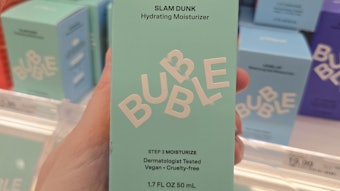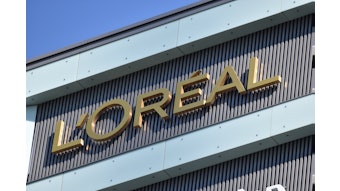Diagonal Reports believes that the beauty industry and the consumer are out of sync, reporting that consumers view beauty by functional need rather than by category. This finding is reported in its Lexicon of Beauty 2015-2025, which remaps the beauty industry according to function.
Consumers conceptualize beauty in terms of their needs. They always focus on the outcome, for example, to achieve a “younger” or a “fairer” skin and clean and/or manageable hair. The universal starting point for everyone is “me” and “my problem.”
This is quite a different lens to that used by formulators in the research laboratory or their colleagues in brand or category management. Beauty consumers are far less concerned with the “wrapping"—the category classification, the technology, the channel, the segment.
Dissatisfaction with the usefulness of traditional product categories goes back a long time. Research by Diagonal Reports shows that even in the late 1990s, consumers in the United States and Europe were increasingly focused on the function of hair and skin care products. That could not have developed into a popular movement without the internet and social media, which facilitated and accelerated this trend globally. Today, many millions of beauty consumers around the world are talking to each other using a different language or lexicon. This classification is outside the control of the industry, which still conceptualizes in terms of legacy categories.
The rewards for matching needs with products are great. A historical sweep of research reports shows a consistent trend: companies successfully enter the market by focusing on buyers' problems. These small (but agile) players now account in aggregate for a significant share of sales. Crucially, many minnows are strategically positioned for future market expansion. The common market entry point is the uncommercialized and unbranded products/regimes that exist in the consumer but not the industry lexicon. Massage is the most striking example. It revolutionized skin care and represents a new mass treatment category, still largely unconsolidated. But massage was ignored for years because of the widespread (industry) observance of the square pegs and round holes rule.
Diagonal Reports has been compiling intelligence on consumers' beauty regimes and practices worldwide for many years that did not otherwise fit in. In its report, it identifies the beauty behaviors that represent skin and hair care market opportunities. This lexicon is accessible by explaining different beauty needs, cultures and regimes.










